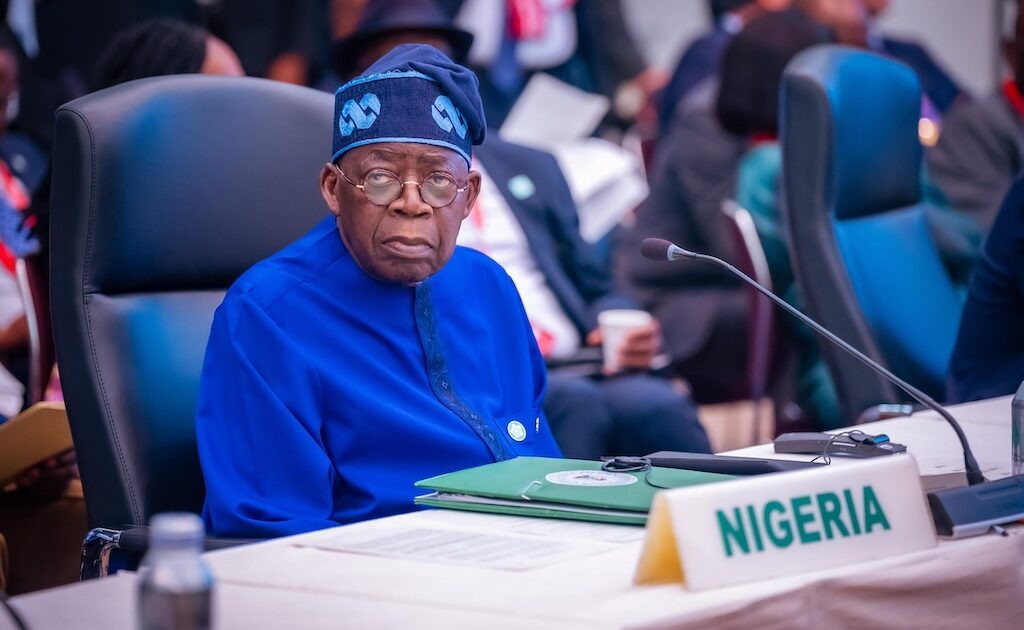Nigeria’s pursuit of enhanced energy infrastructure received a significant boost with the announcement of a $238 million loan facility from the Japan International Cooperation Agency (JICA). Secured during the Ninth Tokyo International Conference on African Development (TICAD9) in Yokohama, Japan, this funding marks a crucial step towards strengthening the nation’s power grid and expanding electricity access to a greater proportion of the population. The loan, coupled with counterpart funding from the Federal Executive Council, underscores the Nigerian government’s commitment to transitioning from planning to tangible outcomes in its energy sector development. This investment signifies a strategic partnership with Japan, focusing on practical solutions rather than mere diplomatic gestures, as emphasized by President Bola Ahmed Tinubu.
The $238 million loan will primarily be utilized to expand and upgrade Nigeria’s national power grid. The project encompasses the construction of over 100 kilometers of new 330kV double circuit lines, a substantial addition to the existing transmission infrastructure. Furthermore, the project includes the construction of over 100 kilometers of 132kV double circuit lines, augmenting the distribution network’s capacity to reach more consumers. To facilitate efficient power distribution and reduce system losses, four new 330/132/33kV substations and two 132/33kV substations will be constructed. The project will also involve expanding existing line bays to improve the overall grid’s capacity and stability. This comprehensive approach addresses both transmission and distribution bottlenecks, paving the way for a more robust and reliable power supply.
Minister of Power, Chief Adebayo Adelabu, highlighted the strategic importance of collaborations with Japanese power industry giants like Toshiba, Hitachi, and Japan’s Transmission & Distribution Corporation. These partnerships are seen as crucial for unlocking Nigeria’s vast energy potential and improving operational efficiency within the power sector. The Minister expressed gratitude for JICA’s consistent support, emphasizing the agency’s vital role in furthering Nigeria’s energy transition and expanding access to reliable and affordable electricity. This collaboration extends beyond financial assistance to encompass technical studies, training programs, and infrastructure development, creating a holistic approach to strengthening Nigeria’s power sector.
Nigeria’s energy landscape currently faces a significant challenge, with only 55-60% of the population having access to electricity. The government has recognized this gap and is pursuing a multi-pronged strategy to address it. While expanding grid access in urban areas, the government is simultaneously prioritizing off-grid solutions for rural communities, ensuring that the benefits of electrification reach all segments of the population. Despite financial constraints, the commitment to supportive policies, strategic partnerships, and local manufacturing remains strong, driving the nation towards a sustainable energy future. This dual approach acknowledges the diverse needs of urban and rural populations, tailoring solutions to ensure equitable access to electricity.
The JICA loan complements other ongoing initiatives aimed at boosting Nigeria’s energy capacity. The recently launched $750 million World Bank Distributed Access through Renewable Energy Scale-up program, under the Mission 300 Compact, aims to bring clean and reliable electricity to over 17 million Nigerians. This program focuses on renewable energy sources, aligning with global sustainability goals and contributing to a cleaner energy mix. Furthermore, three substations funded by a $32 million JICA grant are nearing commissioning in Apo (Federal Capital Territory), Keffi (Nasarawa State), and Apapa (Lagos State). These substations will significantly improve supply reliability to households, businesses, and critical industrial clusters, including the Lagos Port and its surrounding areas.
The partnership with JICA extends beyond infrastructure development to encompass capacity building and human resource development within Nigeria’s power sector. The National Power Training Institute of Nigeria has commissioned state-of-the-art training equipment in Abuja, facilitated by JICA, to enhance the skills of distribution engineers and address network losses. This focus on skills development underscores the importance of local expertise in ensuring the long-term sustainability of the power sector. By investing in training and capacity building, Nigeria is equipping its workforce with the necessary skills to operate and maintain the upgraded power infrastructure, promoting self-sufficiency and ensuring the long-term success of the energy sector transformation.


